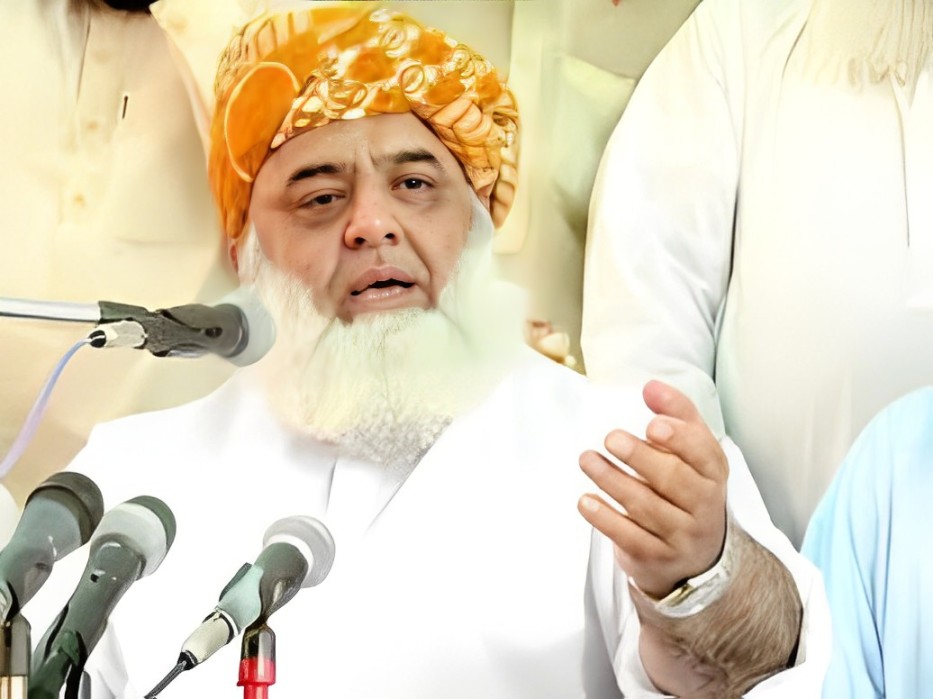
Published at: December 11, 2024 7:02 AM
Updated at: December 26, 2024 11:17 AM
The fate of the Societies Registration (Amendment) Act 2024 remains uncertain, with political tensions surrounding the proposed madressah registration bill. A meeting between JUI-F chief Maulana Fazlur Rehman and National Assembly Speaker Ayaz Sadiq on Tuesday failed to resolve the impasse, with Fazl accusing the government of deception regarding the bill.
The bill, which aims to amend the Societies Registration Act 1860, was initially passed by parliament alongside the 26th Amendment, but it was returned by President Asif Ali Zardari due to some "typos." After corrections were made, the bill was sent back to the presidency, but confusion remains over its current status. When approached by media, National Assembly officials expressed ignorance about the objections, while others suggested that the presidency might have forwarded the bill to the parliamentary affairs ministry. JUI-F Senator Kamran Murtaza, however, denied any objections by the president, claiming that the bill should be deemed to have been assented to after remaining with the presidency for more than ten days.
The bill passed through the Senate on October 20 and the National Assembly the following day, with the government's support in exchange for JUI-F backing on the 26th Amendment. The amendment, a continuation of the Societies Registration Act 2005, focuses on the registration of religious seminaries, or madressahs, under Section 21 of the Act. The 2005 amendment made it mandatory for seminaries to register with the authorities, and it stipulated that these institutions must provide annual reports on their educational activities and undergo yearly audits. The law also barred seminaries from promoting militancy, sectarianism, or hate speech.
The 2024 amendment proposes additional clauses, including requirements for seminaries to incorporate basic contemporary subjects into their curricula, depending on their resources. It also emphasizes that seminaries need only register under the Societies Registration Act, streamlining the process to avoid multiple registrations with different government departments. Qari Hanif Jalandhari, head of the Wafaqul Madaris Al-Arabia, the largest Deobandi seminary board, expressed support for these changes, noting that the bill encourages skill development alongside religious education.
The history of madressah regulation dates back to the military regime of Pervez Musharraf, who made seminary registration mandatory in 2005. Following the APS school attack in 2014, discussions about placing seminaries under the interior ministry began. However, in 2019, religious seminaries were placed under the education ministry, a decision welcomed by most seminary boards. The JUI-F, led by Fazl, opposed this move, and the current push to amend the Societies Act reflects their desire to bring all seminaries under the existing registration framework.
The 2024 amendment has also sparked competition between traditional seminaries and newer, independent boards. These newer boards, which have gained momentum by offering higher-quality training alongside religious education, challenge the established monopoly of traditional boards. This division between old and new seminary boards has added another layer of complexity to the ongoing political and legal struggle over madressah reform.
Share to